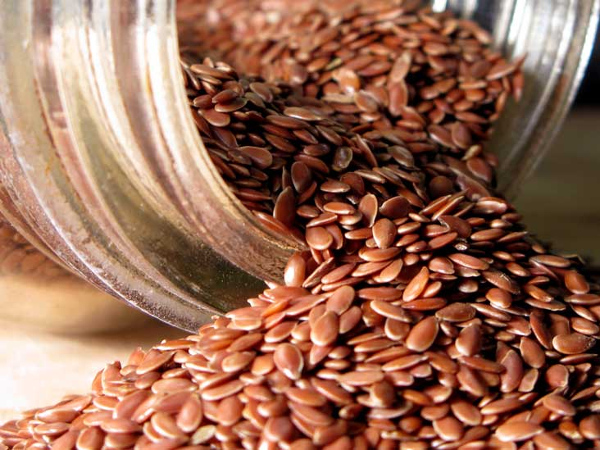India’s pulses production has increased significantly in the last few years, leading to a reduction in imports and an annual saving of Rs 15,000 crore in foreign exchange to the country, Agriculture Minister Narendra Singh Tomar said on Wednesday. Addressing a conference organised by Indian Institute of Pulses Research (IIPR) on World Pulses Day, the minister said the country is moving towards becoming self-sufficient in pulses production.
The output has increased to 240 lakh tonnes from 140 lakh tonnes in the last six years because of the efforts made by farmers and scientists as well as the government’s initiative, he said. Stating that pulses demand is estimated to reach 320 lakh tonnes by 2050, Tomar said there is a need to shift focus on increasing the production to meet rising demand.
“In the last five-six years, due to the tireless hard work of farmers, scientists and farmer-friendly policies of the central government, the country has increased its pulses production from 140 lakh tonnes to 240 lakh tonnes. Now, we also have to pay attention to future requirements,” he said in an official statement. According to an estimate, by the year 2050, about 320 lakh tonnes of pulses will be required.
“After Prime Minister Narendra Modi’s call, the dependence on imports of pulses has reduced and the country is saving more than Rs 15,000 crores per year,” Tomar said. The minister said that in 6 years, the MSP of pulses has been increased from 40 per cent to 73 per cent, which is definitely benefiting the farmers.
He said more work needs to be done on pulses to eradicate malnutrition. Indian Council of Agricultural Research should play the main role to ensure this, he added. Agricultural scientists are providing many varieties to the country, which will help in increasing both production and productivity. Speaking about doubling farmers’ income by 2022, Tomar said the central and state governments, as well as the ICAR and farmers, are working with full diligence towards achieving this goal.
Pradhan Mantri Fasal Bima Yojana has been implemented in a modified form so that the farmers can get safety cover and they can be free from risk. In 4 years, farmers paid Rs 17,000 crore as premium in Pradhan Mantri Fasal Bima Yojana, while they were paid more than 5 times, i.e. more than Rs 90,000 crore as the claim amount.
Source: FE
You may also like
-
Navigating India’s Skill Landscape
-
Trade Connect E-platform For Exports Is Single Window, Fast, Accessible And Transformational: Shri Piyush Goyal
-
India-us Working Together In Areas Like Critical Minerals, Supply Chains And Advanced Technologies: Shri Piyush Goyal
-
Cabinet Approves Health Coverage to All Senior Citizens of the Age 70 Years and Above Irrespective of Income
-
Cabinet Approves PM Electric Drive Revolution in Innovative Vehicle Enhancement (PM E-DRIVE) Scheme With An Outlay of ₹.10,900 Crore
